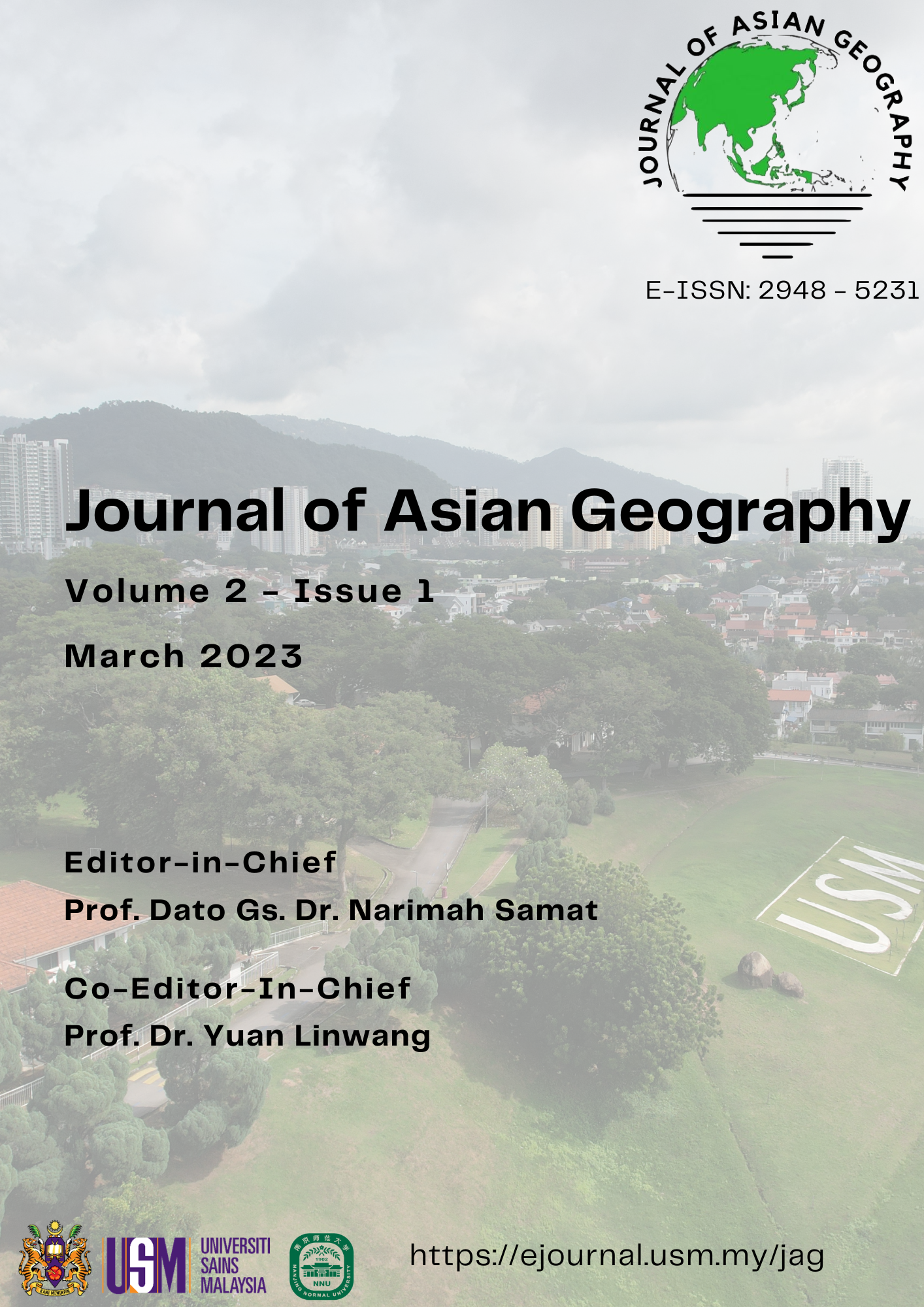Environmental Policy for Waste Management in Taiwan: Regulatory Measures, Implementation Status, and Challenges
Abstract
Municipal solid waste (MSW) management in Taiwan represents a valuable case study, especially for Asian regions with similar growth trajectories. Taiwan has overcome serious waste management problems over the past few decades. Owing to effective waste management, Taiwan's recycling rates of MSW between 2001 and 2020 increased from 12.7 to 58.8 percent. Additionally, Taiwan is one of the first areas to initiate a plastic bag charge to restrict the use of plastic products. The number of single-use plastic bags consumed was reduced by 200 million annually after banning plastic bags at retail establishments. However, Taiwan still consumes approximately 15 billion single-use plastic bags annually, which is 3.9 times more than the number consumed by the EU. Furthermore, the increasing number of paper containers, declining recycling rate of food waste, and issues related to the reduction of plastic waste, especially in traditional markets, remain important challenges. Conducting environmental programs such as the setting of recycling boxes or pick-up sites could help overcome the awareness-behavior gap. In addition, the promotion of eco-campaigns that incorporate economic incentives, such as reusable beverage cups, could be adopted.
Downloads
Published
Issue
Section
License
Copyright (c) 2023 Journal of Asian Geography

This work is licensed under a Creative Commons Attribution 4.0 International License.


